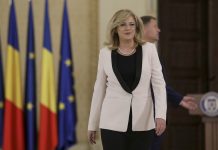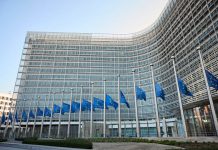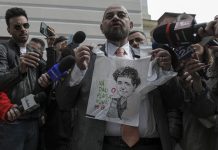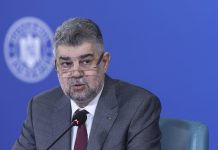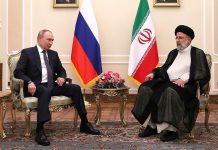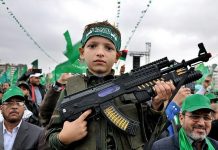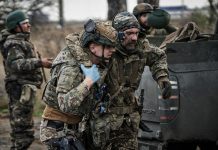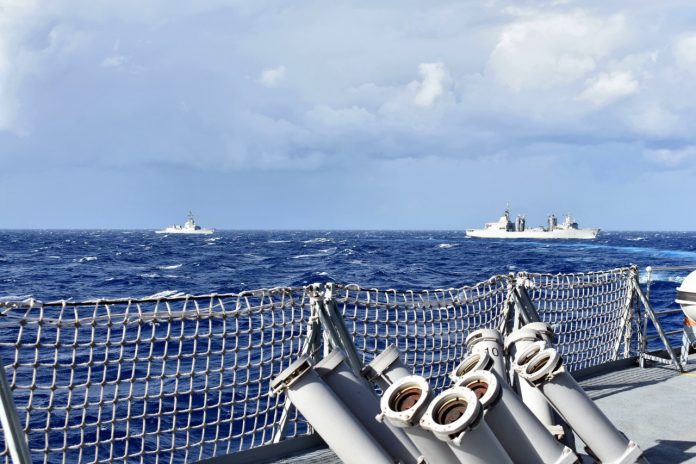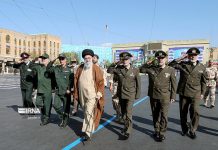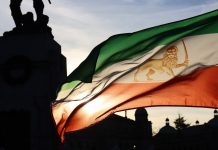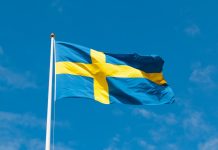The NATO Secretary-General has warned of a Russian military build-up in the Baltic and Black Seas and says Moscow is trying to destabilize former Soviet republics that have sought closer relations with the West.
However, Jens Stoltenberg also stressed that NATO’s dual-track approach to Russia, “combining strong deterrence and defense with openness to dialogue, remains valid,” in comments made in Brussels on Wednesday during a meeting of NATO foreign ministers.
Shared position
U.S. Secretary of State Antony Blinken who attended the meeting called for a firm, shared position on Russia.
“Ultimately, I think what we can hope is to have a relationship with Russia that is at least predictable and stable,” he told a press conference in Brussels.
“Even as we work with Russia to advance our interests and advance alliance interests, we will also work to hold Russia to account for its reckless and adversary actions.”
Mr. Stoltenberg said that despite “years of pressure and efforts to engage in a meaningful dialogue, Russia has increased its pattern of repressive behavior at home and aggressive behavior abroad.”
‘Undermine and destabilize’
The NATO chief said Russia is conducting a campaign to “undermine and destabilize” neighbors Ukraine, Georgia, and the Republic of Moldova, all of which have tried to build better relations with the West.
“It supports the crackdown on Belarus, and tries to interfere in the Western Balkans region,” he said.
He said that Russia was continuing wide-ranging military build-up “from the Baltic to the Black Sea” and also in the “Middle East and North Africa and from the Mediterranean to the Arctic.”
“While our relationship with Russia remains very difficult, our meeting today demonstrates strong agreement among Allies and with our partners,” the NATO-Secretary General said.
NATO-Russia Council
German Foreign Minister Heiko Maas who was at the meeting said that he hoped there would be a “a very intense dialogue for political security and trust” within the NATO-Russia Council.
The council was established in 2002 to facilitate consultation and cooperation between the Western military alliance and Moscow. Relations are strained, and the last meeting was in 2019.
He also underlined that all Allies welcomed the recent decision to extend the New START Treaty.
START Treaty
The U.S and Russia officially extended the 2010 New Strategic Arms Reduction Treaty last month for five years, keeping in place the treaty’s verifiable limits on the deployed strategic nuclear arsenals of the world’s two largest nuclear powers.
Mr. Stoltenberg said NATO remains a unique platform for Europe and North America to consult on the future of arms control.



